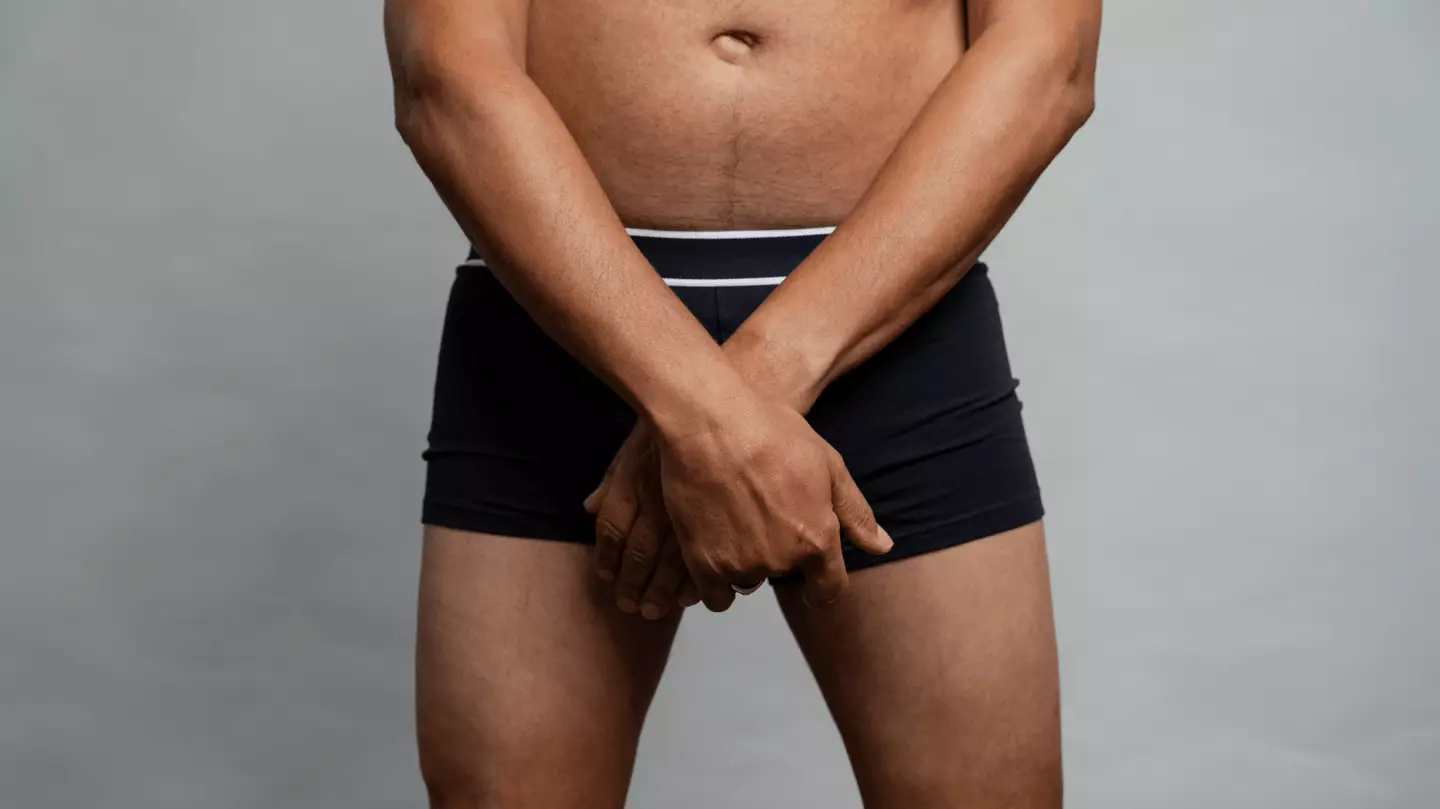
Health
Read the latest health news and articles on celebrity health updates, cancer symptoms, weight loss drugs and more.
Today

People have taken to Reddit to share their personal experiences
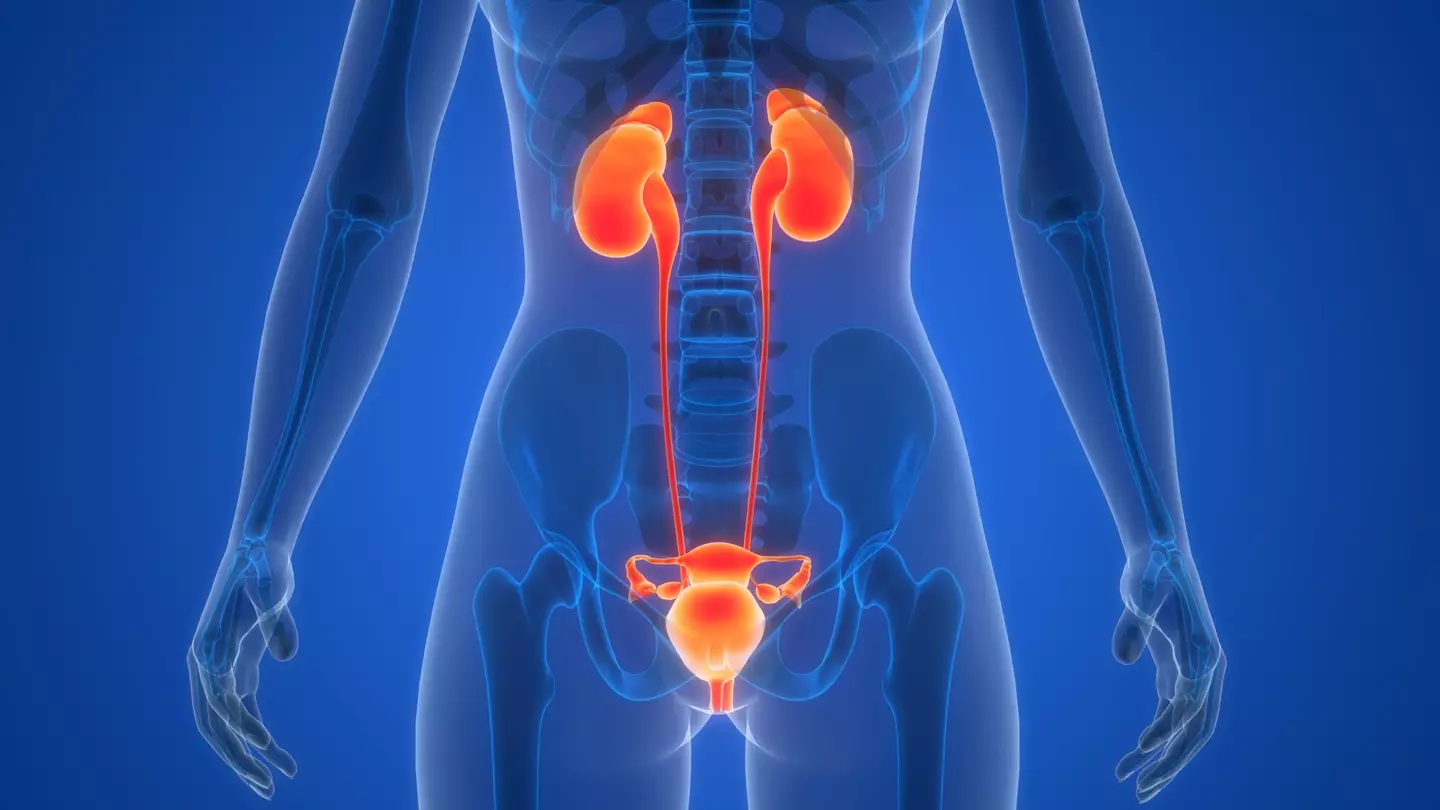
Over 510 women die of vulval cancer each year

The cancer type is responsible for 685 deaths a year
.jpg)
Dr Shannon Clark has warned against 'scooping'

While Nipah virus doesn't spread easily, it is important to be clued up on the symptoms following an outbreak in Asia
Yesterday

The birthing experience is notably different

Catching Alzheimer’s disease early can help patients and families plan ahead
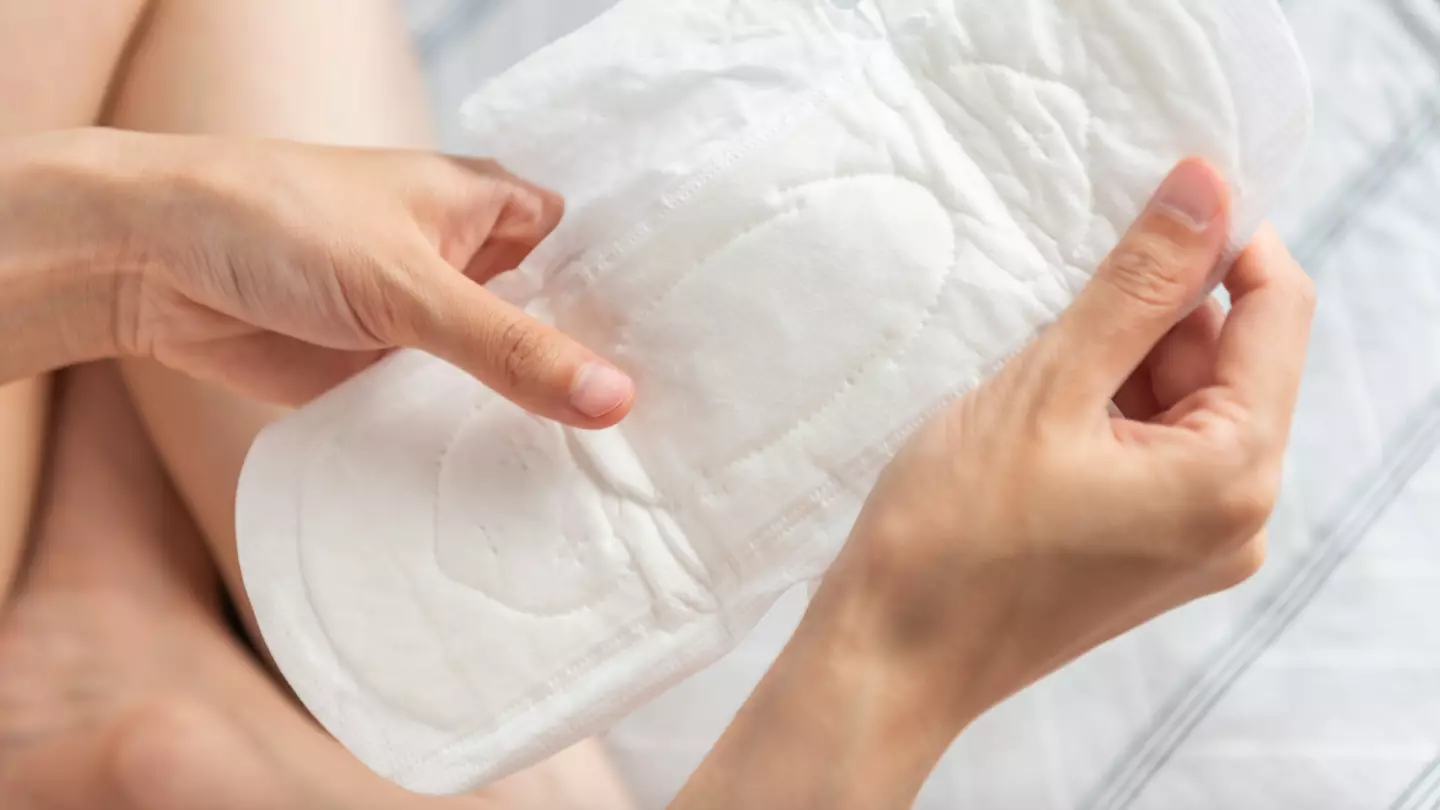
Two doctors have shared their expertise on the seriously uncomfortable period symptom
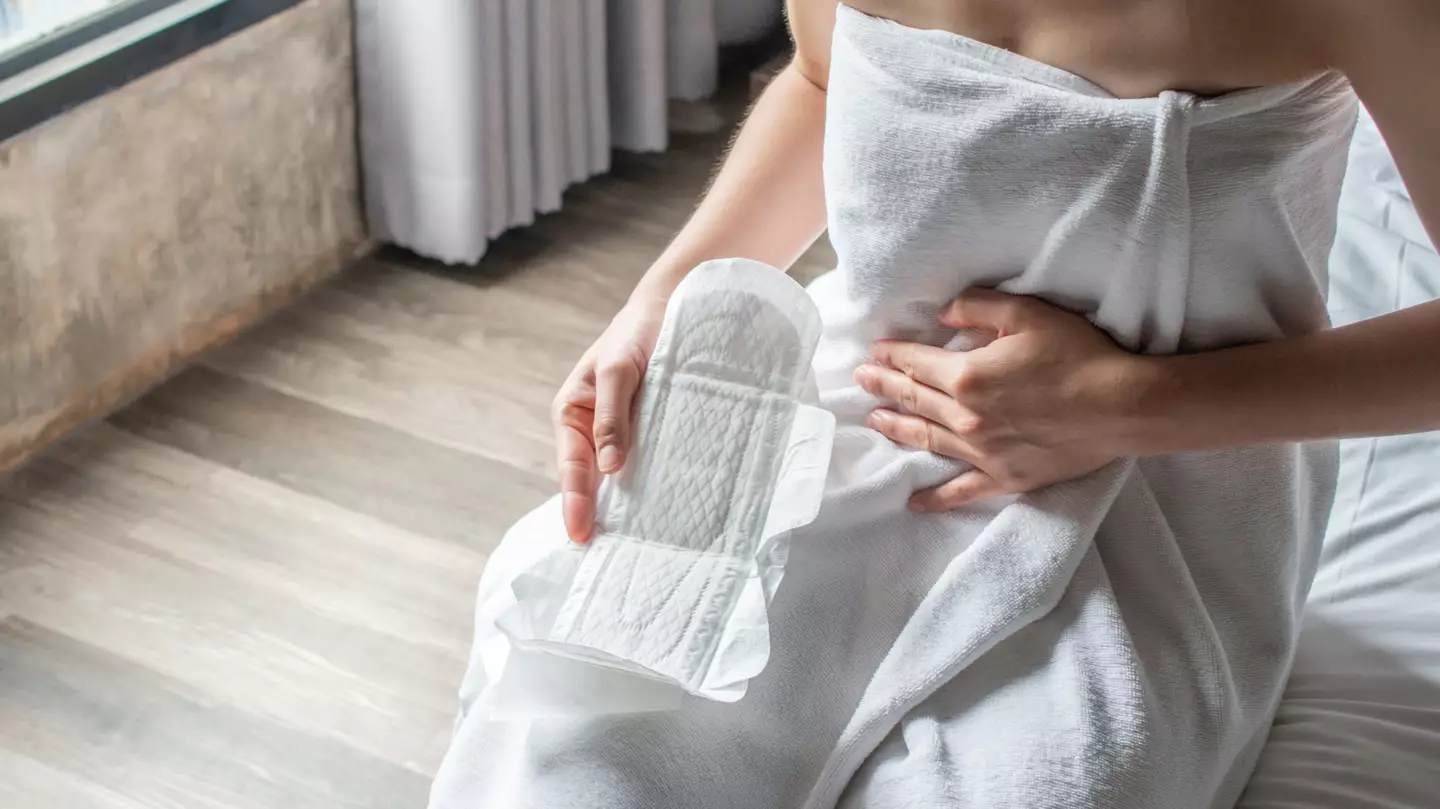
Health experts have warned against the shower routine step and outlined major feminine hygiene risks
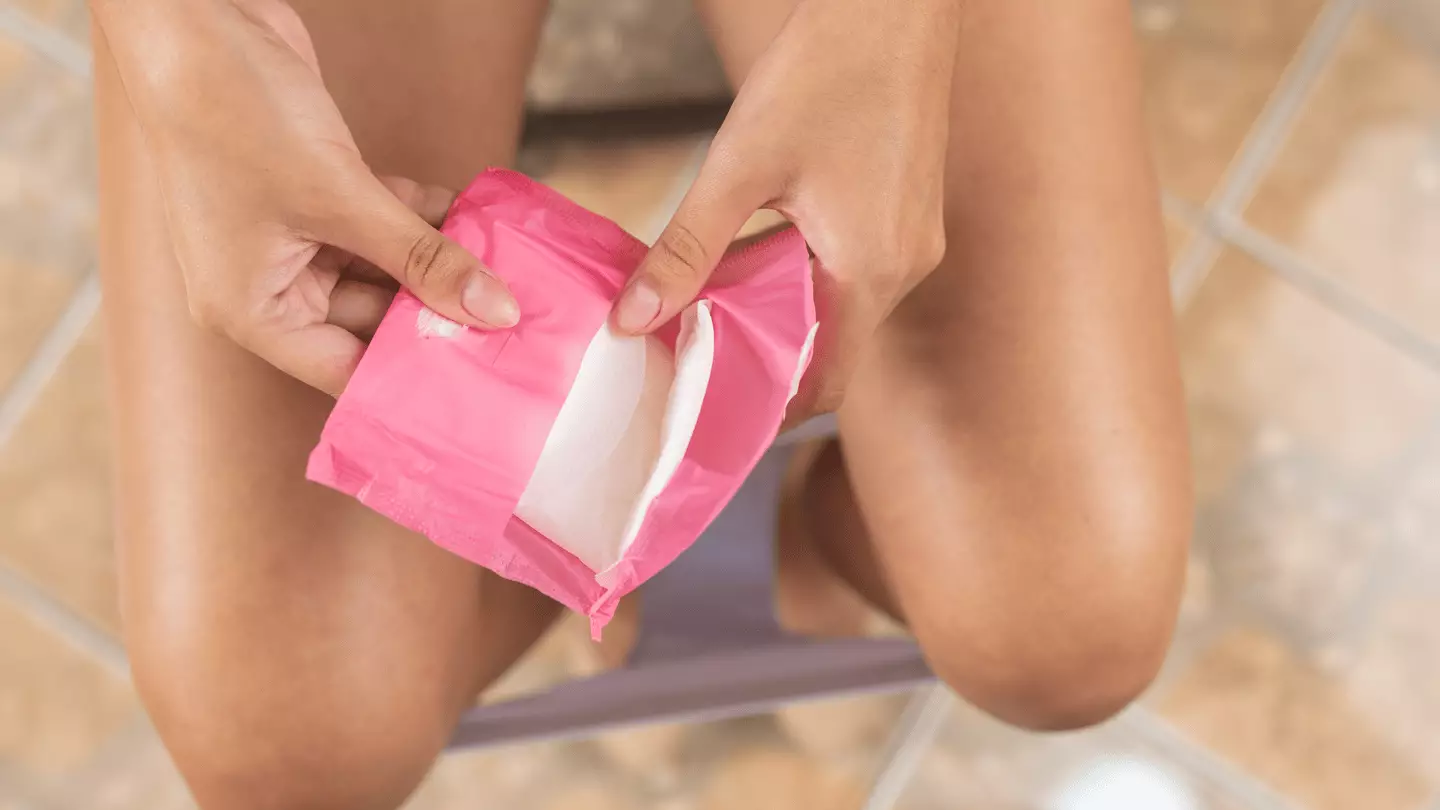
Reddit users claimed it's a practice they put into place every time they menstruate

Nipah virus is a zoonotic disease with an unnervingly high mortality rate
27 Jan 2026

Spain, Austria, Armenia, Azerbaijan and Uzbekistan also had their measles-free status stripped this week

He also threatened to 'sue the ass' off New York Magazine if they wrote a story about his own health
26 Jan 2026

Donald Trump's team slammed the WHO as being 'China-centric' during the Covid-19 pandemic

Scientific studies have revealed an important indicator that can give you an idea of how long you might live for

Guidance on the over-the-counter medication has changed quite a bit since it was first developed in the 1890s

The New York actress shared an emotional statement on social media
23 Jan 2026

As weight loss injections rise in popularity, doctors flag a growing aesthetic concern
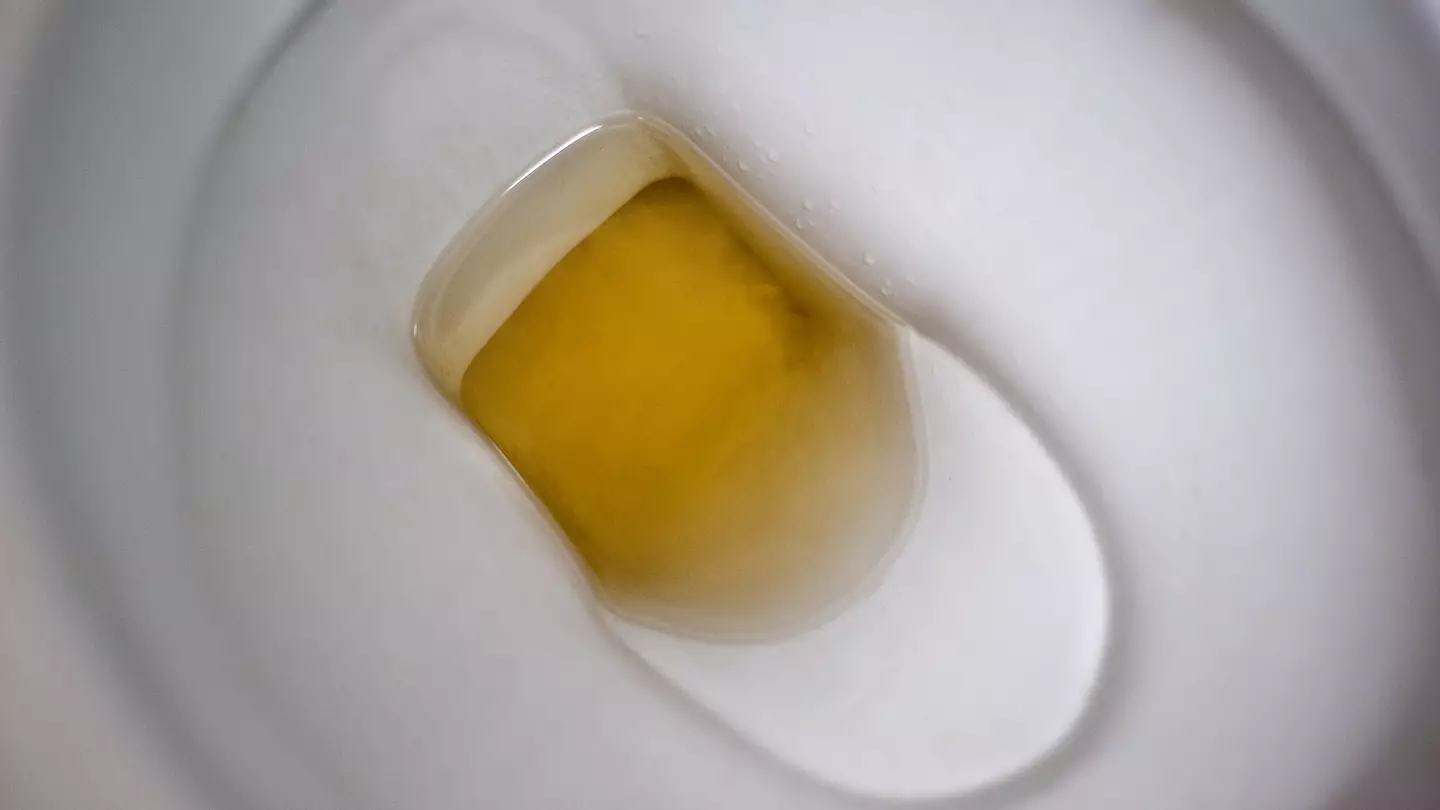
The NHS has issued an important message all about what's cause for concern when it comes to your urine

Several people have flocked to Reddit to hail this daily supplement for seriously improving their overall health
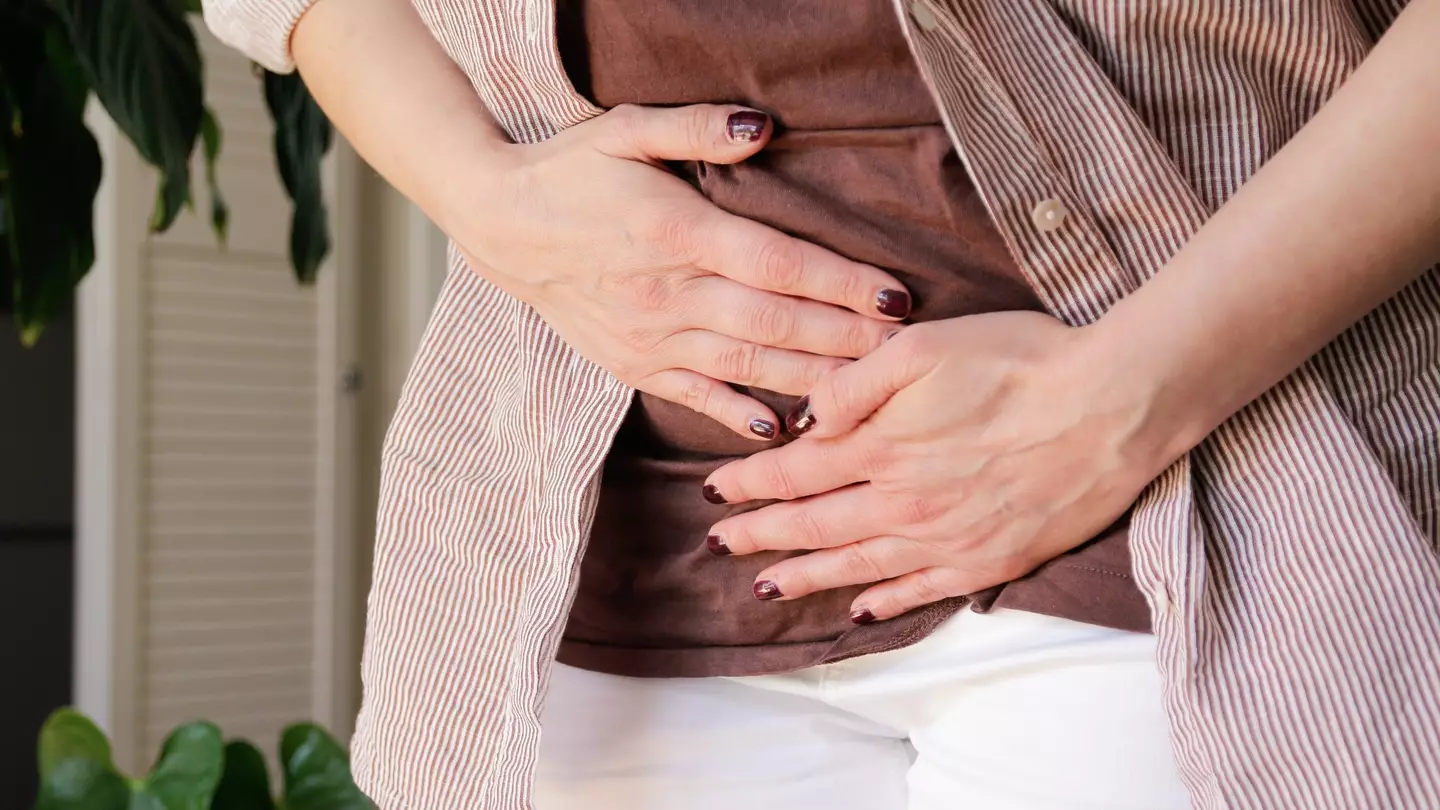
The surge in young people being diagnosed with colon cancer means it's vital to know the early warning signs

It's probably not what you think it is...
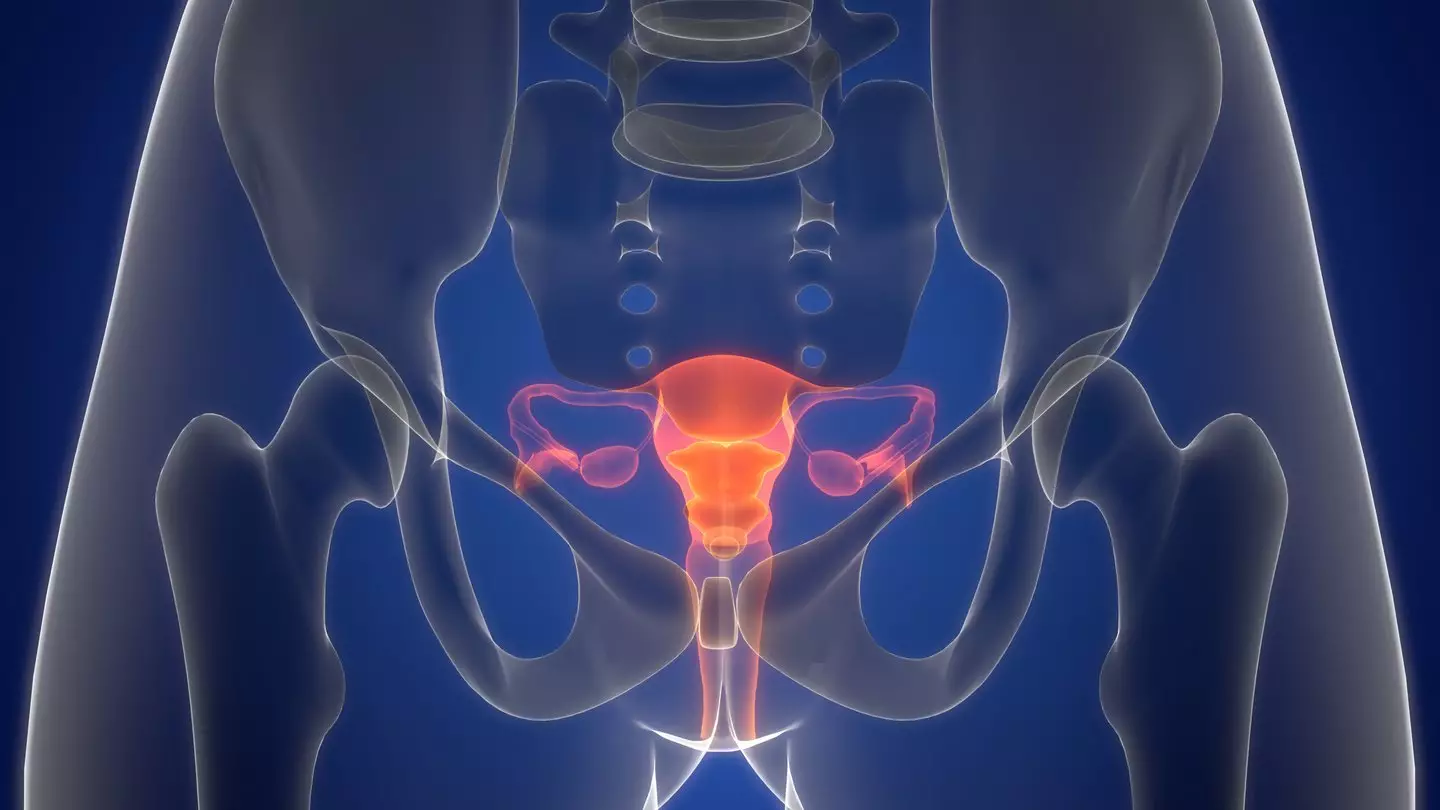
A women's health expert has shared her verdict on the menstruation phenomenon

A handful of patients revealed exactly what symptoms made them get themselves medically checked out
